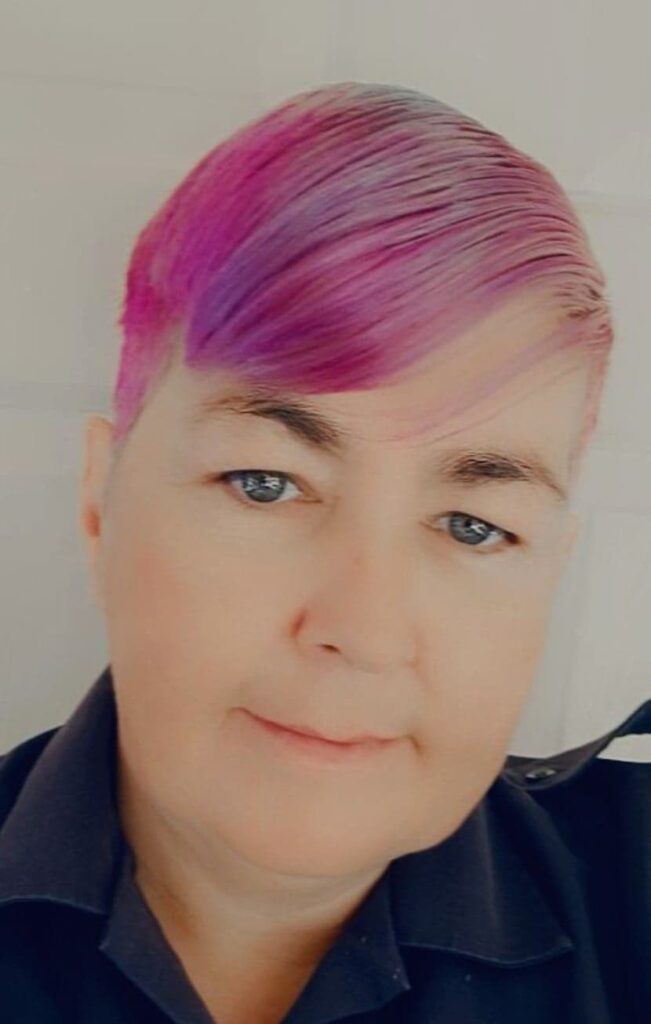Fortune telling has a long and rich history in Ireland, dating back centuries. The practice has been associated with many different traditions, from the ancient Celtic druids to the medieval bards, and has evolved over time to include a wide range of methods and techniques.
The origins of fortune telling in Ireland can be traced back to the ancient druids, who were highly respected members of society and were believed to have supernatural powers. The druids were known for their ability to connect with the spiritual realm and provide guidance and insights into the future. They were skilled in divination techniques, such as reading omens and interpreting dreams, and were also known to use herbal remedies to heal the sick.
During the medieval period, the role of fortune tellers in Ireland was taken up by the bards, who were poets and storytellers who travelled the country, entertaining and enlightening their audiences. The bards were highly respected and were believed to have the power to predict the future and communicate with the spirits.
In the 19th and early 20th centuries, fortune telling in Ireland became associated with traveling fairs and carnival-like settings. Fortune tellers would set up booths or tents and offer quick and entertaining readings to the public. These readings often involved the use of tools such as tarot cards, crystal balls, or palmistry, and were focused on specific areas of life such as love, career, or finances.
Fortune telling in Ireland has continued to evolve over time, with practitioners now using a wide range of techniques and approaches to provide insights into the future. These may include interpreting signs and symbols, reading energy, or tapping into their intuition.
While fortune telling in Ireland may have a long and rich history, it has also been met with scepticism and criticism over the years. Many people view it as a form of entertainment rather than a serious practice, and there have been concerns about fraud and exploitation.
Despite these concerns, fortune telling remains a popular and enduring practice in Ireland, with many people seeking guidance and insight from fortune tellers in their personal and professional lives.
Fortune telling has a long and rich history in Ireland, dating back to the ancient druids and continuing to evolve over time. While the practice has been associated with many different traditions and techniques, it has always been cantered on providing guidance and insights into the future. Despite scepticism and criticism, fortune telling remains a popular and enduring practice in Ireland, offering people the opportunity to gain insights into their lives and make informed decisions about their futures.
Why Irish People Prefer to be Called Mediums Rather than Fortune Tellers
In Ireland, the terms “fortune teller” and “medium” are often used interchangeably to refer to practitioners who provide insights into the future or connect with the spiritual realm. However, many Irish people prefer to be called “mediums” rather than “fortune tellers,” and there are several reasons for this preference.
Firstly, the term “fortune teller” can have negative connotations, as it is often associated with fraud and deception. Many people view fortune telling as a form of entertainment rather than a serious practice, and there have been concerns about unscrupulous practitioners taking advantage of vulnerable clients.
In contrast, the term “medium” is often seen as more professional and credible, as it implies a deeper connection with the spiritual realm and a more comprehensive understanding of the practice. Mediums in Ireland may use a variety of techniques to connect with spirits, such as clairvoyance, clairaudience, or clairsentience, and are often viewed as highly skilled and knowledgeable practitioners.
Secondly, the term “medium” is more aligned with the spiritual and mystical traditions that are deeply ingrained in Irish culture. Ireland has a rich history of spiritualism and mysticism, dating back centuries, and many Irish people are deeply connected to their spiritual roots. The term “medium” acknowledges this spiritual heritage and suggests a deeper understanding of the spiritual realm.
Finally, the term “medium” is more inclusive and welcoming than the term “fortune teller,” which may have negative connotations for some people. By using the term “medium,” practitioners in Ireland are signalling that they are open to working with a wide range of clients, regardless of their background or beliefs.
While the terms “fortune teller” and “medium” are often used interchangeably in Ireland, there are several reasons why Irish people prefer to be called “mediums.” The term is seen as more professional and credible, aligns with Ireland’s rich spiritual heritage, and is more inclusive and welcoming. Whether you prefer to be called a fortune teller or a medium, what’s most important is the quality of the services you provide and the level of trust and confidence you establish with your clients.


